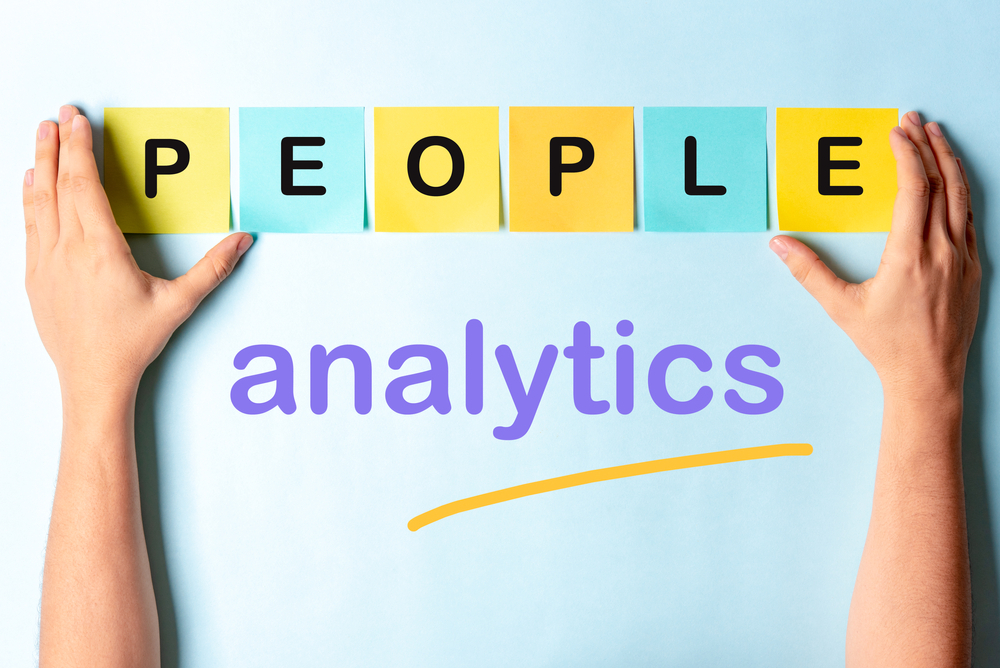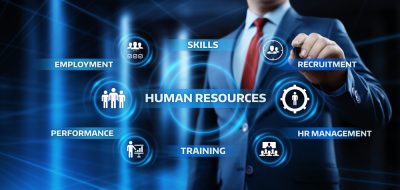Highlights:
- Introduction to people analytics aims to shed light on its significance in transforming HR practices and maximizing the potential of an organization’s most valuable asset – its people.
- The importance of people analytics for HR is widely considered as it involves utilizing data and analytics to gain insights into various aspects of the workforce, such as employee engagement, performance, and retention.
The importance of staying ahead of the curve cannot be ignored in the dynamic landscape of HR. As organizations accumulate vast amounts of employee data, the role and importance of people analytics becomes increasingly crucial.
People analytics empowers HR professionals to unlock the hidden insights within their data, enabling them to make data-driven decisions that impact the entire employee lifecycle. People analytics provides invaluable insights into recruitment, talent development, employee engagement, and retention by analyzing and interpreting employee data. This introduction to people analytics aims to shed light on its significance in transforming HR practices and maximizing the potential of an organization’s most valuable asset – its people.
Firstly, let us focus on the foundation and primary question: what is people analytics?
What is People Analytics?
People analytics definition does not have a definitive, rigid description to encapsulate its essence precisely. But people analytics, also known as HR analytics or workforce analytics, is a data-driven approach to HR management that involves collecting, analyzing, and interpreting employee data to gain insights and make informed decisions. It leverages advanced analytics techniques and people analytics software to transform raw HR data into actionable insights.
People analytics gives HR professionals a deeper understanding of their workforce, enabling them to identify trends, patterns, and correlations within the data. By utilizing these insights, organizations can optimize HR processes, improve employee engagement, enhance talent management strategies, and make data-driven decisions to drive overall business success.
The importance of people analytics for HR teams is globally acknowledged as it enables evidence-based decision-making, alignment with organizational goals, and enhances the employee experience for better business outcomes. People analytics empowers HR professionals to optimize processes and drive organizational performance and productivity by leveraging data and analytics.
Finally, what does people analytics involve? People analytics involves identifying patterns in human-capital data to derive actionable insights, facilitating informed decision-making.
In the previous section, we delved into the people analytics definition. Understanding this field’s meaning and scope helps us understand its role in data-driven decision-making and HR optimization.
Why Is People Analytics Important For HR?
The importance of people analytics for HR is widely considered as it involves utilizing data and analytics to gain insights into various aspects of the workforce, such as employee engagement, performance, and retention. By leveraging people analytics tools, HR professionals can make data-driven decisions, identify trends, and proactively address challenges. This enables HR to optimize talent management strategies, improve employee satisfaction, and drive organizational success. With people analytics, HR can unlock the full potential of their workforce and align their practices with the evolving needs of the business.
McKinsey reports that implementing people analytics leads to a notable 25% increase in business productivity, a significant 50% decrease in attrition rates, and a remarkable 80% improvement in recruiting efficiency. Furthermore, according to the findings of Harvard Business Review, over 70% of companies consider people analytics to be of utmost importance, highlighting its high priority status among organizations.
Unlocking insights and driving strategic decisions, understanding the importance of people analytics sets the stage for reaping its numerous benefits.
Benefits of People Analytics
The advantages of people analytics implementation in HR are numerous and significant. The importance of people analytics cannot be overstated, as it equips organizations with the tools and knowledge to make evidence-based decisions that impact the success and growth of the business.
Let’s look at the benefits of people analytics that help an organization’s growth.
-
Hiring
Organizations increasingly prioritize cultural fit over sheer talent or qualifications when selecting new employees. People analytics plays a crucial role in assisting organizations in identifying candidates who align with the existing workforce culture. By leveraging people analytics tools, organizations can extract valuable insights from a candidate’s historical data, aiding decision-making. HR analytics has already emerged as a transformative force in recruiting top-tier talent, revolutionizing how organizations approach hiring.
-
Retention
Utilizing people analytics in HR, organizations can leverage machine learning algorithms to identify patterns of employee churn and predict potential departures. This enables proactive measures by the HR management team, leading to effective retention strategies and a more engaged workforce. People analytics in HR empowers organizations to address employee turnover proactively, fostering a positive work environment and minimizing churn rates.
-
Improve productivity
The advantages of people analytics are witnessed in various aspects. Firstly, it plays a pivotal role in identifying key factors that drive productivity within an organization. People analytics identify productivity drivers and contribute to HR strategy development. It enhances productivity by providing valuable insights into the workforce and enables data-driven decisions to allocate the most productive employees to specific initiatives.
It also enables more efficient team management. HR teams can make more informed judgments about whom to employ, promote, and fire using people analytics. In addition, they can ensure that employees are motivated and have a clear path to career advancement.
-
Structured compensation
When organizations have easy access to their employees’ performance-related information, it is effortless for them to design compensation packages for their employees. It also helps organizations tailor compensation programs to align with employees’ preferences, improve engagement and retention, and achieve business objectives.
How Can People Analytics Contribute To Maximizing Business Value?
People analytics for HR can potentially drive substantial business value in several ways. Here are a few key ways in which it can achieve this:
- Improved decision-making: People analytics leverages data for insights into employee performance, engagement, and productivity. Informed talent decisions can optimize the workforce, improve efficiency, and drive better business outcomes.
- Strategic workforce planning: People analytics aids in understanding workforce capabilities, identifying skill gaps, and effective workforce planning. Aligning talent with business objectives improves agility, adapts to market changes, and drives competitive advantage.
- Talent management and development: People analytics identifies high-potential employees, tracks performance, and offers targeted development opportunities. This fosters top talent retention, elevates engagement, boosts productivity, and reduces turnover.
- Enhanced employee experience: Leveraging people analytics provides insights into employee preferences, enabling tailored HR policies to enhance employee experience. This boosts engagement, satisfaction, and retention.
- Proactive risk management: People analytics identifies HR risks like turnover and compliance issues. Monitoring metrics and analyzing patterns allow organizations to address risks, minimize disruptions, and ensure compliance proactively.
Conclusion
Adopting a people analytics strategy is crucial whether you hold an HR managerial role or are part of the organization’s executive team.
By harnessing people analytics in HR and leveraging various metrics, you can enhance productivity, elevate employee engagement, and maximize profits. Given the significant benefits and importance of people analytics in the business workforce landscape, it has become imperative for every organization to implement it. However, it is essential to appoint skilled people analytics professionals who possess expertise in employee lifecycle events, statistical tools, analytical tools, and data science.
Take a deep dive into human resources with our wide range of informative HR whitepapers.









